I've never seen the TV show Duck Dynasty, but from
what I gather, it’s a coalescence of ZZ Top meets the Kardashians, with a bit
of The Beverly Hillbillies thrown in. Judging from the publicity stills,
the cast is composed of a family of six scraggly bearded rednecks. Duck
Dynasty is what TV executives dub a reality show, which means it bears no
relation to reality or anything in real life as you and I perceive the world
around us. The show is in the news because of an interview one of its cast
members gave to GQ Magazine (putting aside the obvious question of why a
publication aimed at an audience of urbane gentleman would showcase scraggly
bearded rednecks who hang out in marshes).
Phil Robertson, the self-described “bible-thumper”, in the course of the interview told
GQ :
“Everything is
blurred on what’s right and what’s wrong . Sin becomes fine. Start with
homosexual behavior and just morph out from there. Bestiality, sleeping around
with this woman and that woman and that woman and those men.” Then he
paraphrases Corinthians: “Don’t be deceived. Neither the adulterers, the
idolaters, the male prostitutes, the homosexual offenders, the greedy, the
drunkards, the slanderers, the swindlers—they won’t inherit the kingdom of God.
Don’t deceive yourself. It’s not right.”
This upset certain
liberals and gay advocacy groups. Robertson also commented about how happy blacks were in the days of the Jim Crow
South:
“I never, with my eyes, saw the mistreatment of any black
person. Not once. Where we lived was all farmers. The blacks worked for the
farmers. I hoed cotton with them. I’m with the blacks, because we’re white
trash. We’re going across the field.... They’re singing and happy. I never
heard one of them, one black person, say, ‘I tell you what: These doggone white
people’—not a word!... Pre-entitlement, pre-welfare, you say: Were they happy?
They were godly; they were happy; no one was singing the blues.”
This doesn’t seem to
have bothered anyone, including blacks. Perhaps it is because they feel our
“post-racial” society has advanced far enough beyond those days that it no
longer matters what nonsense a cracker in a flannel shirt spouts. Or maybe
homosexuals are a tad more sensitive.
Regardless, the
ensuing din has proven politics makes strange bedfellows. Liberals, who should
be supporting free speech, have declared that’s only true when it’s speech they
believe in; while conservatives, who would normally argue a business should act
in its shareholders’ interests by not alienating sponsors, instead are aghast a
TV network would remove a potentially offensive TV star from the air.
Around digital water
cooler known as the Web, discussions have revolved around whether Robertson’s First Amendment rights had been violated.
This is what’s known as a red herring. The TV network is, of course, free to
use its business judgment in deciding whether to dismiss an employee and the
First Amendment is not applicable to corporations. The First Amendment is one
of 10 amendments, known as the Bill of Rights, which the Founding Fathers
tacked onto the newly drafted Constitution to placate the concerns of some of
the colonies so they would ratify it. The colonies, having just broken away
from England, feared a strong central government and wanted some guarantees
that there would be restrictions and limitations on the powers of the proposed
federal government. Thus, the First Amendment is a restriction on what the
government may do, and not a restriction on what individuals or corporations
may do. That’s why it begins “Congress shall make no law…” and not
“Corporations shall not…” So, there is no First Amendment issue involved here.
However, the First
Amendment is not synonymous with free speech. What the First Amendment does, is
protect the concept of freedom of speech from encroachment by the government.
This is in recognition of the importance of the concept of freedom of speech
– to our society, and to democracy at
large. But that concept goes beyond the First Amendment. As the French philosopher René Descartes said, “cogito ergo sum” or “I think, therefore I am”. Man is an intelligent
creature, and as such, cannot help but think. It’s only natural that
individuals wish to verbalize their thoughts. When individuals encounter facts,
and interpret their perception of those facts, they arrive at opinions. Facts
are objective statements; opinions are subjective interpretations of those
facts. Thus, opinions cannot be right or wrong, or true or false. Their beliefs
are often the result of indoctrination at an early age of a societal or religious
belief system. So when self-professed bible-thumper Robertson says homosexuality is a disgusting sin, he
is reiterating what he has been brought up to believe and what his religion has
instilled within him. His comments are not any different from what the world’s
major religions have preached for millennia or what the majority of the world
agreed upon in the previous centuries. Even in the progressive United States,
the American Psychiatric Association as recently as 1973 classified homosexuality
as a mental disorder. While that view has changed in much of America, they
obviously didn't get the memo in Russia, let alone in the Bayou.
If I were gay, I
wouldn't be concerned about the ravings of a scraggly beard redneck who claims
being homosexual will keep me out of his make-believe members only club in the
sky after I die. I’d be more concerned with discrimination by people trying to
keep me out of real places during my lifetime, and let the afterlife take care
of itself.
However, what I find
more distressing is the Orwellian concept of politically correct thought police
penalizing expression. This inevitably results in a chilling effect, causing
individuals to self censor their thoughts and speech, which is the antithesis
of a free society. Certainly, some thoughts and speech will be offensive,
ill-founded, and inciteful rather than insightful. But the free exchange of
ideas is essential to the advancement of society and the proper functioning of
a democracy. Justice Oliver Wendell Holmes, Jr. proposed the concept of a public “marketplace of ideas” where
individuals could freely exchange their thoughts and the rational ones, like
cream, would rise to the top and force the rhetoric to sink. Holmes’ concept
advocates more speech as the best rebuttal to offensive speech.
I don’t want to live
in a society where individuals are forced to repress their thoughts. I prefer
to know which individuals, especially public figures, hold views abhorrent to
me. Let them self-identify as bigots or racists, if they are foolish enough to
do so.



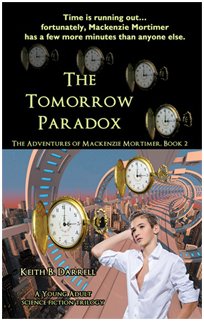
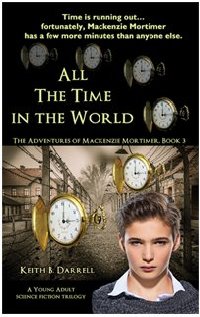
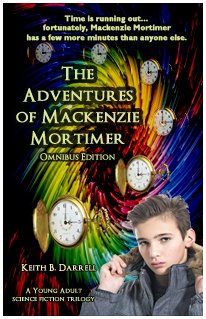
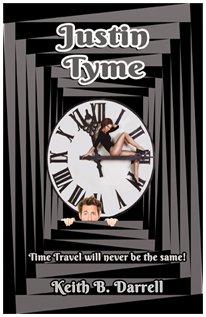
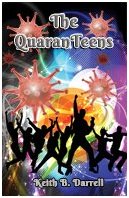
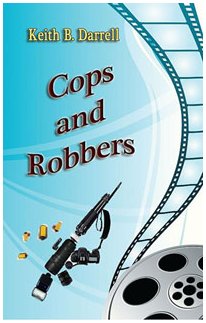
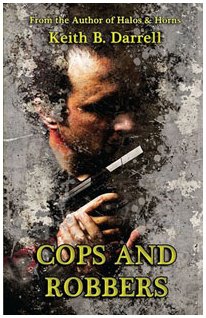

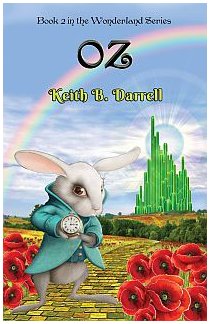
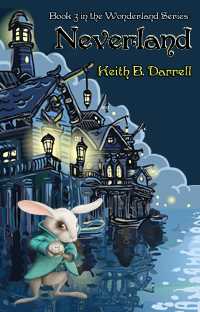
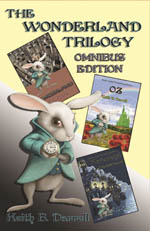
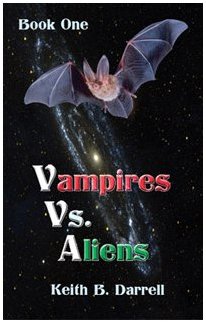
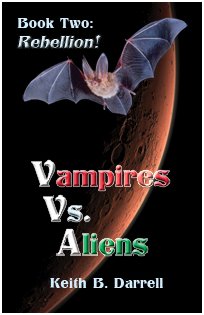
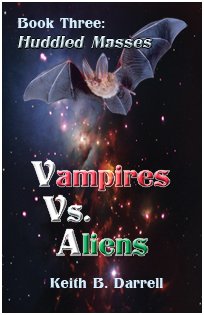

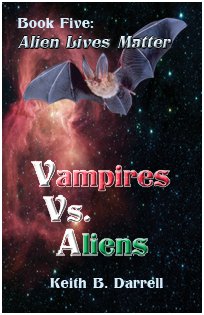

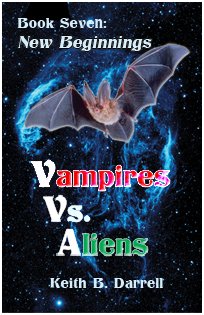
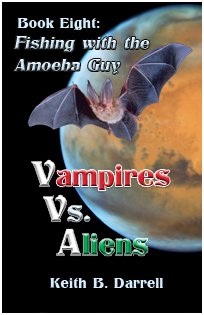
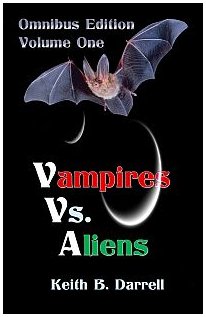
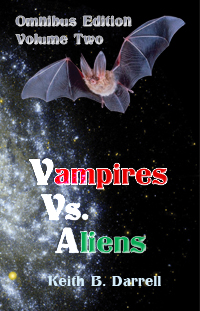


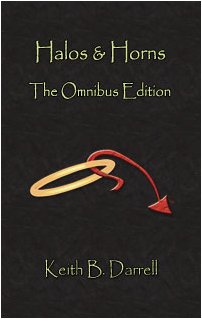
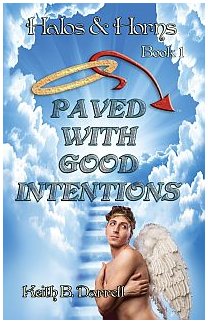
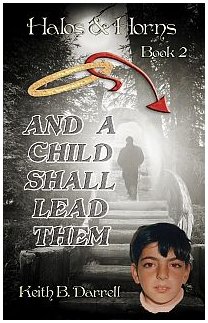
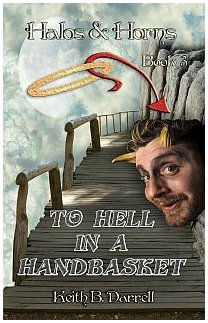
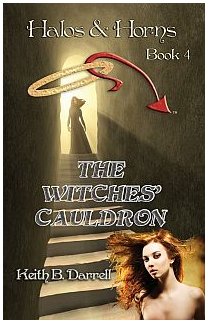

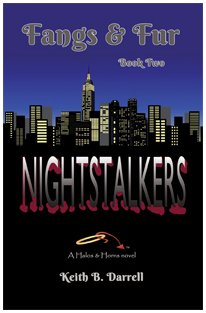
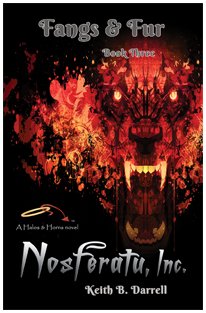


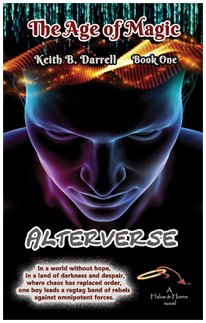
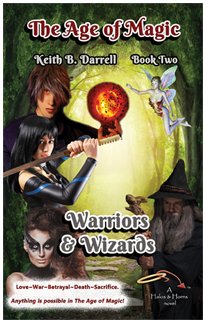
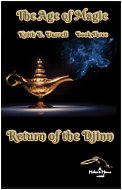

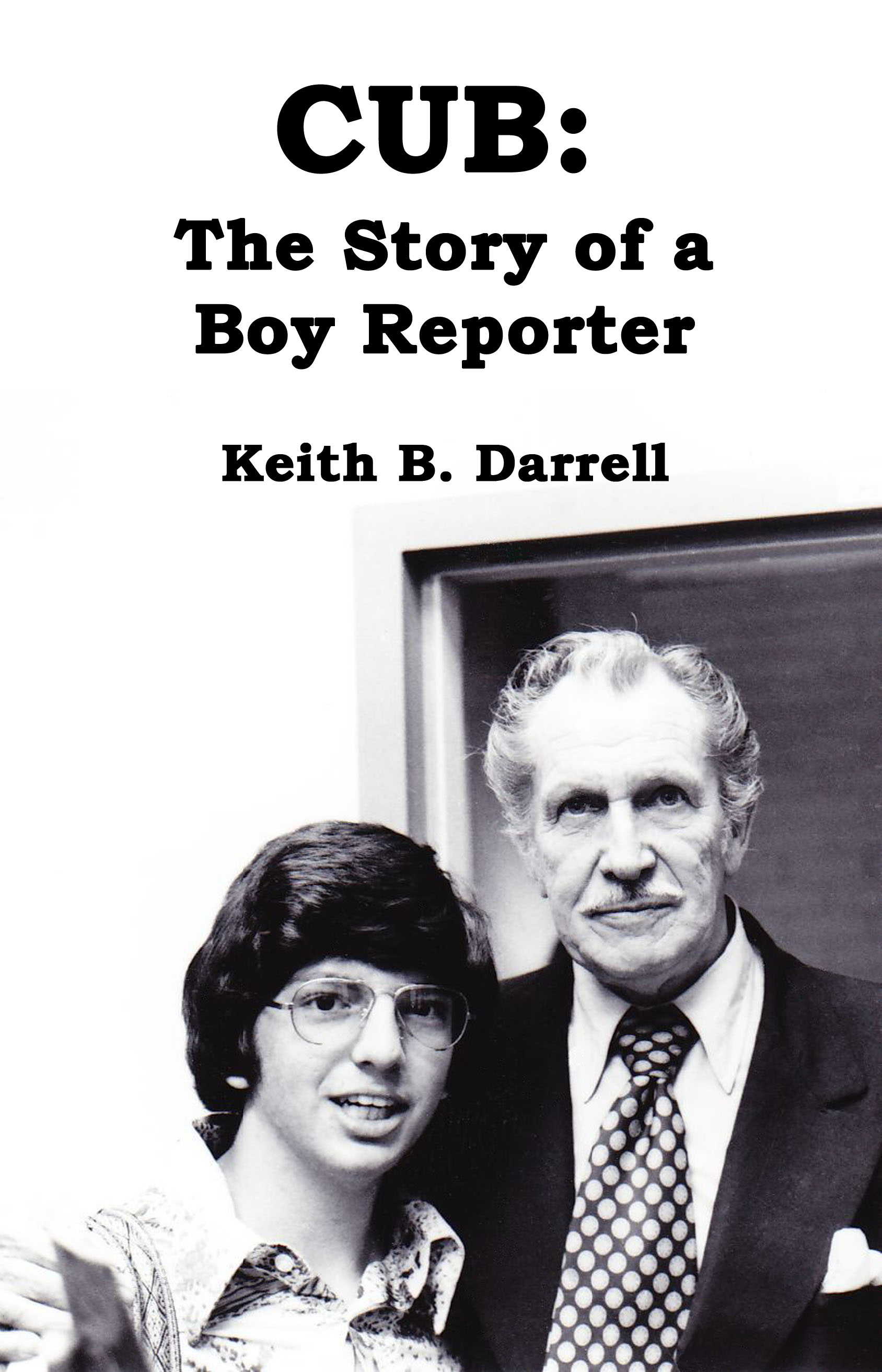
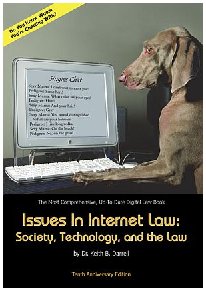
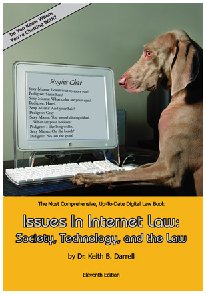
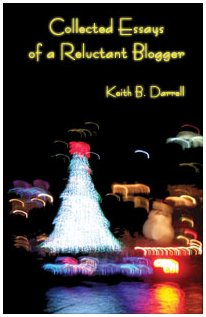


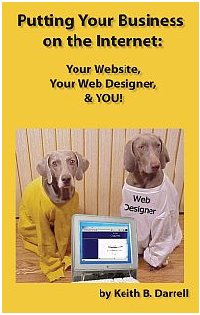
No comments:
Post a Comment